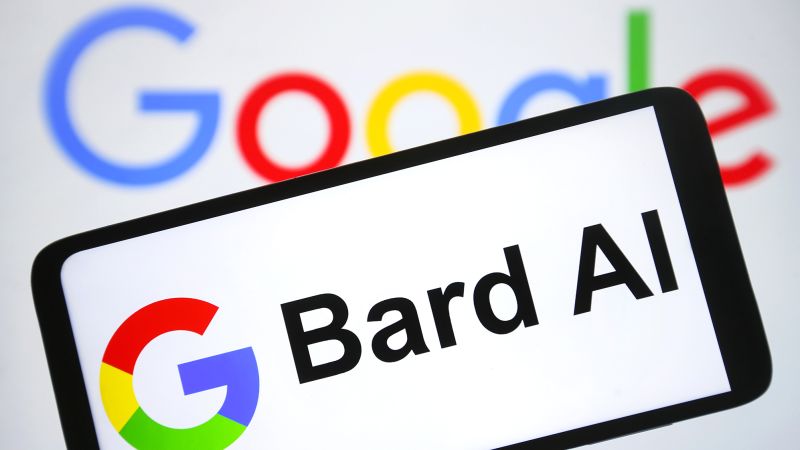Artificial Intelligence has truly revolutionized the technology of today whilst opening new pathways to growth. Most recently, OpenAI’s ChatGPT made to the news when it made content creation easier than ever. In addition, the Microsoft-backed startup released the latest version of the AI tool that allows users to input using images and is capable of handling more than 25,000 words of text.
Seeking to level the playing field, Google released its AI tool, Bard. The tool was previously released to a limited and approved number of testers but the results weren’t satisfying enough to push its public release.
However, by tweaking its workability, Google is all set to release Bard in the market. The confidence from the browsing giant comes due to the generative AI technology, which makes it easier to create content using information (from the past and present) instead of identifying it.
The Need for Draft Writing AI Technology
The flurry of AI tools in the market aims to help businesses and individuals win at their work. Not only the tools are designed to help generate effective content but they can also be easily tailored to answer one’s queries as needed.
Extracting information from the internet and then modeling it according to the user’s request is what the tools are capable of. However, word processing technology is far smarter, which allows these tools to help with several aspects including marketing, development, computations, and so much more.
However, one would still need a strong internet connection to enable the full potential of these tools. Even though the likes of Xfinity internet and others offer splendid internet solutions, having a strong one is necessary. That’s necessary since the tools use information from the internet to ensure that the query is satisfied.
What is Bard Bringing to the Table?
Google’s Bart furthers its expertise in this matter by generating 3 versions or drafts of answers for the query given. The users can toggle between the drafts and head to the Google search to get more details for their query.
However, during the demo of the tool, “Bard will not always get it right” was the pop-up warning that shocked the users. Unlike its competitor, Bard isn’t able to come up with solutions for computer codes.
It’s one of the reasons why Google’s parent company Alphabet had $100 billion shaved from its market value due to incorrect answers provided by the tool. Despite this, Bard promises content creation in blocks, not words like its counterpart ChatGPT.
The Future of AI Tools
AI is bringing unique experiences to almost all markets. An estimate shows that more than 75% of the total devices are using AI-enabled technology, a trend that has grown nearly 14 times since 2000.
In addition, the potential advantages of AI-enabled tools make it easier to generate effective results. Not only this, the analytics provided AI enriches tools with error-free information, if the input fed is accurate.
In other words, AI technology and tools are making things easier; however, they’re making things complex to handle as well.
Changes in Tech Laws
Most recently, EU lawmakers are facing confusion regarding laws concerning emerging technologies. The Trilogue between EU countries and lawmakers resulted in no resolution, as the meeting isn’t sure how to frame laws to bind the extent of AI-based technology use.
Despite the developments in the sector, lawmakers are concerned with the measures that must be taken to ensure quality control and transparency at every level. However, with the release of ChatGPT, Bard, etc. there seems to be no end to the amendments the EU lawmakers have to run through.
Furthermore, the law requires identifying the tools developed at a perceived level of risk. From minimal to limited and unacceptable. However, the brisk development of AI tools makes it impossible to ban them at a large scale, which is why utmost transparency is required from the companies and businesses using them.
Moreover, the developers of the said AI tools have already spent millions. Having to ensure high transparency at every level means accountability and compliance across every channel and product.
Closing Thoughts
With the launch of AI draft tools ChatGPT and Bard, it is only a matter of time before these tools take complete control of how things work. However, with the AI Act, AI developers have reported a slowdown, pushing against such laws that hinder progress. What’s left to see is how tech laws are framed and how the tech giants respond to them.
https://www.reuters.com/technology/google-begins-opening-access-its-chatgpt-competitor-bard-2023-03-21/





















